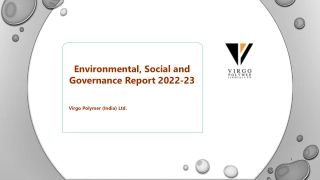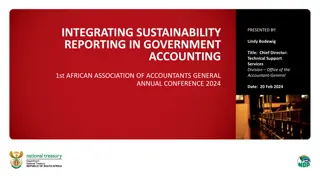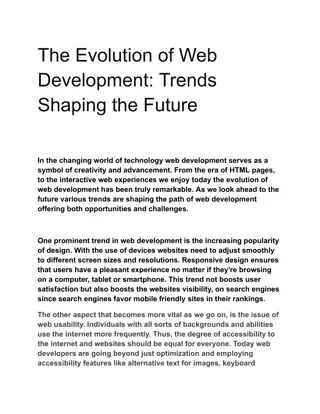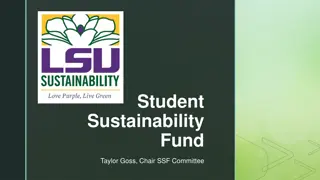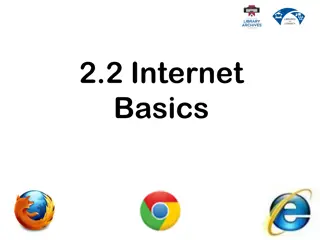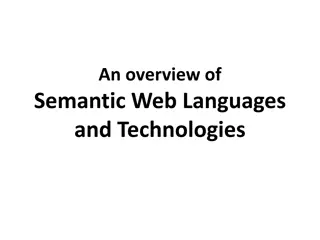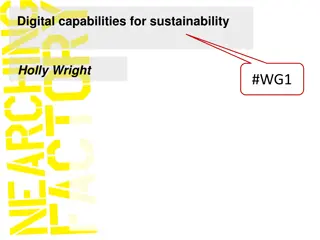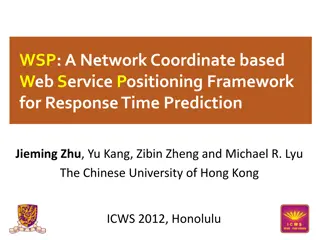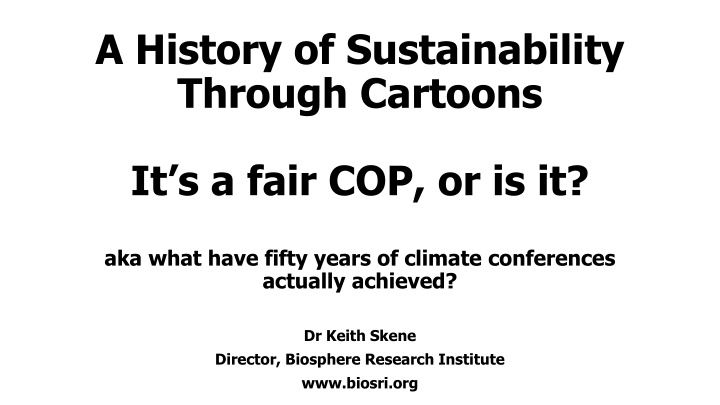
Unveiling the Impact of Climate Conferences Through Cartoons
Discover the journey of sustainability advocacy through the lens of cartoons and the environment. Delve into the history of climate conferences, including the UNFCCC and COP meetings, emphasizing the need for global action. Explore how cartoons serve as effective tools for raising awareness and engaging audiences on complex environmental issues while reflecting on the challenges faced in achieving concrete outcomes over the past fifty years.
Download Presentation

Please find below an Image/Link to download the presentation.
The content on the website is provided AS IS for your information and personal use only. It may not be sold, licensed, or shared on other websites without obtaining consent from the author. If you encounter any issues during the download, it is possible that the publisher has removed the file from their server.
You are allowed to download the files provided on this website for personal or commercial use, subject to the condition that they are used lawfully. All files are the property of their respective owners.
The content on the website is provided AS IS for your information and personal use only. It may not be sold, licensed, or shared on other websites without obtaining consent from the author.
E N D
Presentation Transcript
A History of Sustainability Through Cartoons It s a fair COP, or is it? aka what have fifty years of climate conferences actually achieved? Dr Keith Skene Director, Biosphere Research Institute www.biosri.org
Cartoons and the environment A unique art form employed to educate and enlist the public in reversing the deterioration of the living world Often found in widely read newspapers and magazines
A good cartoon can be far more effective at transmitting a deep and complex message to a wide audience than most scientific articles. Gary Rogers, Professor of Geography, Columbia University
Grand ball given by the whales in honour of the discovery of oil wells in Pennsylvania Vanity Fair, 1861)
UNFCC: United Nations Framework Convention on Climate Change Came into force on 21 March 1994 Stemmed from the Rio Earth Summit in 1992 Ultimate aim: Prevention of dangerous human interference with the climate system Two sister conventions: Convention on Biological Diversity and the Convention to Combat Desertification.
What is a Conference of the Parties (COP)? A generic term for the supreme governing body of any international convention Lots of different COPS Specifically, a yearly meeting of all nations signed up to the UNFCCC to review, assess and implement the Convention and to review emissions inventories
It all began with Rio United Nations Conference on Environment and Development (June 1992) Aka The Earth Summit Most costly diplomatic meeting in history Bruce Babbitt: A chaotic process more akin to a street brawl than a diplomatic meeting Output: Agenda 21, costing US$300 billion No cash and no targets meant it was without legs or teeth.
Berlin, Germany, 25th March 1995: The first COP meeting
COP 3 Kyoto 1997 Addressed lack of targets in Agenda 21 Each party to reduce its greenhouse gas levels below that of an agreed date, mostly 1990 Carbon trading, false accounting, issues with what was a forest China, India and 100 other nations exempt as developing nations Developed nations were expected to contribute to resilience fund
Kyoto: A fair COP? Russia and Ukraine each calculated sink credits based on forestry in the whole of the former USSR Czech energy giant CEZ awarded 30% of the nation s carbon credits, sold them when price was high, bought them back when low and invested profits to expand coal mining! The Australia clause allowed inclusion of cleared forests in emissions for 1990.
COP 6 The Hague 2000 Summit collapses when USA demands special concessions George Bush states he is against the Kyoto protocol Matt Wuerker
USA, Canada and Kyoto USA left the Kyoto Protocol in 2001 Canada withdrew from Kyoto Protocol in 2011 Prime minister Stephen Harper denounced the Kyoto Protocol as a "socialist scheme to suck money out of wealth-producing nations"
COP 10 Buenos Aires 2004 Russia finally ratifies, allowing Kyoto Protocol to pass into force.
COP 15 Copenhagen 2009 All-time low point? Danish text leaked plan from Circle of Commitment to double allowable CO2 emissions for developed countries USA, Brazil, China, India and South Africa meet separately and agree an accord without consulting the other 187 nations present Summit collapses Samir Abdl-Fatah Ramahi
Rio +20 45 000 participants and 100 heads of state USA, UK and Germany leaders refuse to attend Joel Pitt
COP 21 Paris 2015 Ben Jennings Paris Agreement or Paris Accord Zero net emissions by 2050 Less than 2 degrees C rise Build climate resilience Nationally Determined Contributions by 2020
And so to Glasgow for the joint UK- Italian COP26
COP26 Goals 1. Countries to set emissions targets for 2030 2. Build resilience and restore ecosystems 3. Find 100 billion per year 4. Finalise Paris rulebook
1. The Earth system is a complex, interactive entity Emergence properties belong to system, not components Non-linearity regime shifts and tipping points Trade-offs (sub-optimality) are a sign of a working system Real time feedback is key Alexander Magnin
Ecotones as tipping points Ammonium Phosphate Mg Ni pH
2. Functionality, not form, is key Diversification, not diversity Bio-participation, not biomimicry An embedded economy valued by its contribution to nature and society (the opposite of ecosystem service valuation). Scott Adams
3. Individual decisions matter: we are individually accountable Ethical decision-making requires transparency and empathy Connectivity between individual, society and ecology essential Wellbeing stems from such connectivity Geddes gardening analogy (borrowed from Voltaire)
Il faut cultiver son jardin Peace means an unending fight against disease and slums, ignorance and economic injustice, against deforestation and waste of natural resources; peace means, both concretely and figuratively, that everyone must cultivate his garden
4. Its Not Just Carbon, Stupid!!! SOIL EROSION CLIMATE DESTABILIZATION SALINIZATION GLOBAL BIODIVERSITY COLLAPSE EUTROPHICATION

